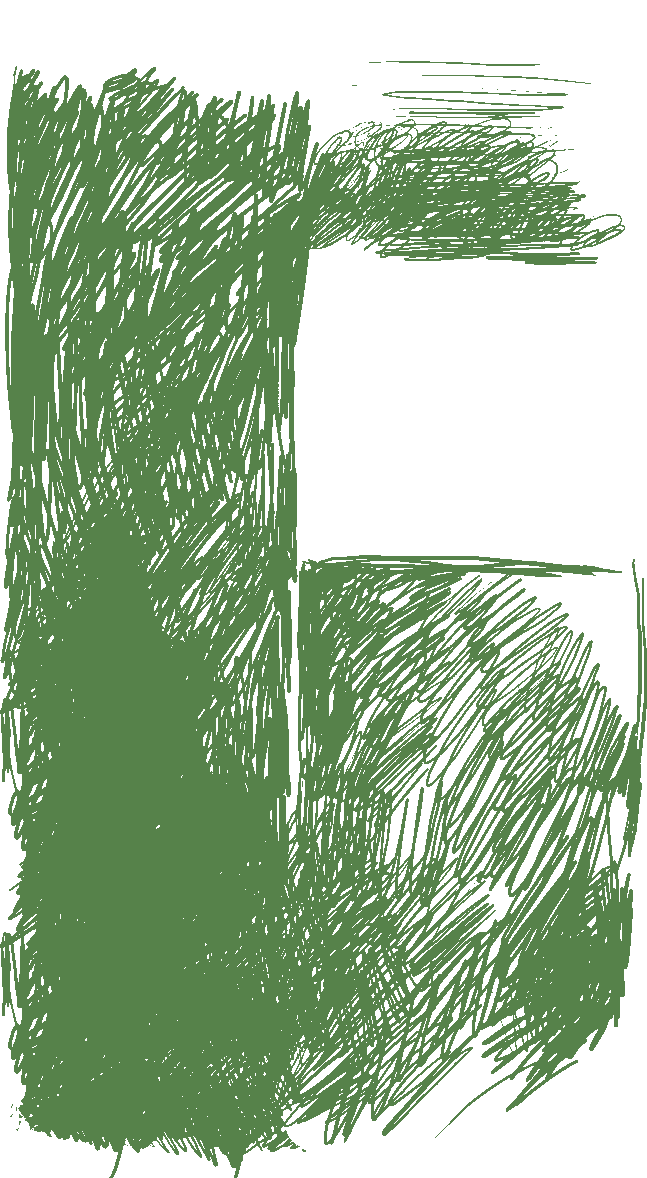German politics is dominated by two parties — the center-right Christian Democratic Union (CDU) and the left-leaning Social Democratic Party, or SPD — who have governed together in a coalition for the past eight years.
But other parties have grown in popularity over the past decade as the CDU and SPD have lost ground. This election is particularly close; the CDU and SPD have both held polling advantages, and the Green Party has also emerged as a serious contender.
Here are the candidates:
Armin Laschet: Christian Democratic Union
Merkel’s successor at the helm of the CDU is Armin Laschet, 60, a long-time ally of the chancellor and the party’s deputy leader since 2012.
A devout Catholic whose father was at one point a coal mining engineer, he was selected as the party’s candidate after a torturous leadership tussle.
Laschet has a background in law and journalism, and was elected to the German Bundestag in 1994.
Merkel has voiced her support for Laschet, but despite her efforts to persuade Germans to stick with the CDU, polling suggests her replacement as the party’s leader has struggled to win over Germans.
Olaf Scholz: Social Democratic Party
His foremost opponent is the SPD’s Olaf Scholz, who has taken a surprise lead in the polls in recent weeks, leaving him as the marginal frontrunner heading into Sunday’s vote.
Like Laschet, Scholz has a long history as a political player in Germany. He has been Merkel’s finance minister and vice-chancellor since 2018. He previously served as Minister for Labour and Social Affairs between 2007 and 2009. These roles placing him arguably in a better position to run as her natural successor than her own party’s candidate.
Scholz has earned increased visibility as he navigated Germany’s economic response to the pandemic, and cleared the last electoral hurdle with an assured performance in the final television debate.
The SPD, the oldest political party in Germany, set up in 1863, favors a stronger focus on social issues and wants more taxes for the more affluent individuals in Germany.
Annalena Baerbock: Green Party
The Green Party’s leader Annalena Baerbock caused a brief sensation in German politics when she surged in the polls early in the campaign, prompting voters to wonder whether she could become the country’s first ever Green chancellor.
The Green Party is now being seen as the potential kingmakers in coalition negotiations.
Christian Lindner: Free Democratic Party
Another party which could be possible kingmakers in coalition talks is the liberalist Free Democratic Party (FDP).
The FDP have never led a German government but have traditionally held influence over the decades, mostly in coalitions with the CDU and the SPD.
Alice Weidel and Tino Chrupalla: Alternative for Deutschland (AfD)
The far-right AfD remains a stubborn presence on the political scene, helmed by Alice Weidel and Tino Chrupalla.
The refugee crisis that sparked the AfD’s surge in German politics back in 2015 has subsided as a pressing political issue, but the party remains an outlet for voters angered by immigration issues. In March, they became the first German party since the Nazi era to be put under government surveillance.
It’s currently the third biggest party in the German parliament and the largest opposition party for the past four years.
In 2017, the AFD managed to steal voters from the CDU (those voters unhappy with Merkel’s shift to the center) and from the SPD. However, the party has struggled to keep its momentum going since then and faced harsh criticism over ties to the extreme far-right.

























